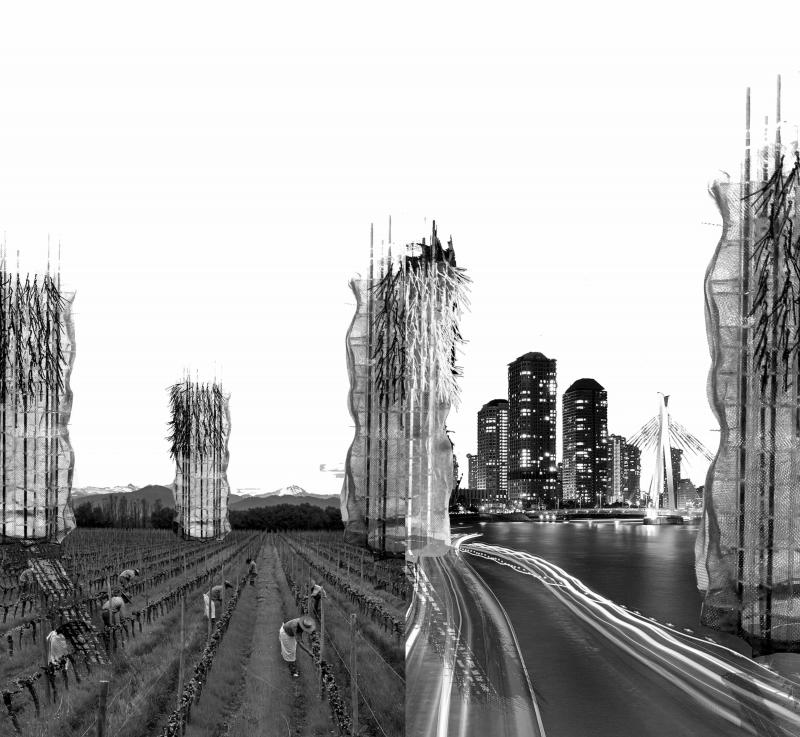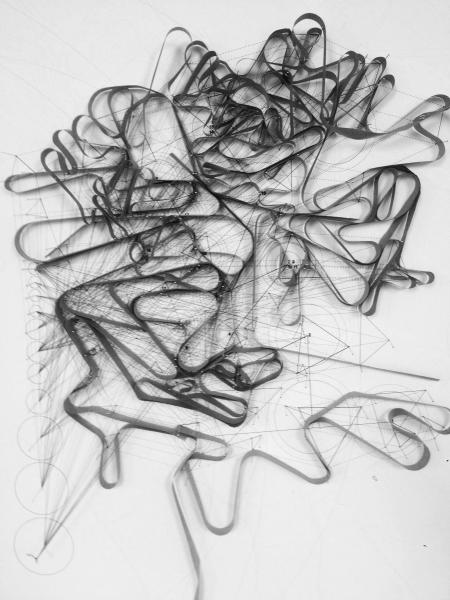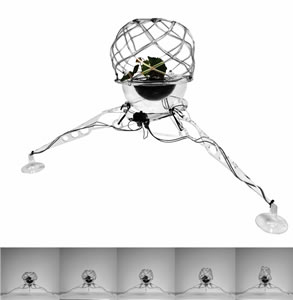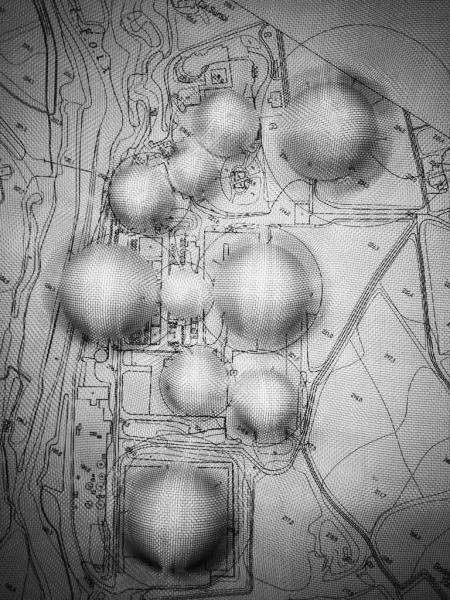Bodega, Enological Metabolism, Barcelona, Spain
Spain’s great heritage and tradition on wine production has led the country to become the world’s first region in vineyard extension and, as a result, the pursuit for quality is already an obsession for many wineries to gain a foothold in the international market. In turn, a very accurate set of methods and techniques are currently being implanted to ensure a full control over the whole process of wine making as means of optimization in design for enologists.
Relying on the use of digital diagramming and mapping, we will unfold the metabolism of wine production and dissect techniques and technologies involved in the processes. Underlining the characteristics of time information and feedback, we will recognize the potential of the use of Control Systems as an essential design tool.
The students will be organised in groups and will be focussing on a different segment of the production. Equipped with analogic or digital tools, students will record quantitative information onsite to understand the variable factors that can influence the quality of the wine. The object of this preliminary phase will be the creation of a series of drawings using digital tools to work on the cartographical representation of the mappings.
Concluding the research, we will address the spatial and organizational attributes of the process to envisage, through the production of drawings, digital and physical models, potential architectural solutions for a contemporary bodega. The results of will be presented on the last day of the course to a multidisciplinary panel of experts from the architecture and enological world in a public presentation at the ETSAB, ‘Universitat Politècnica de Catalunya’.





